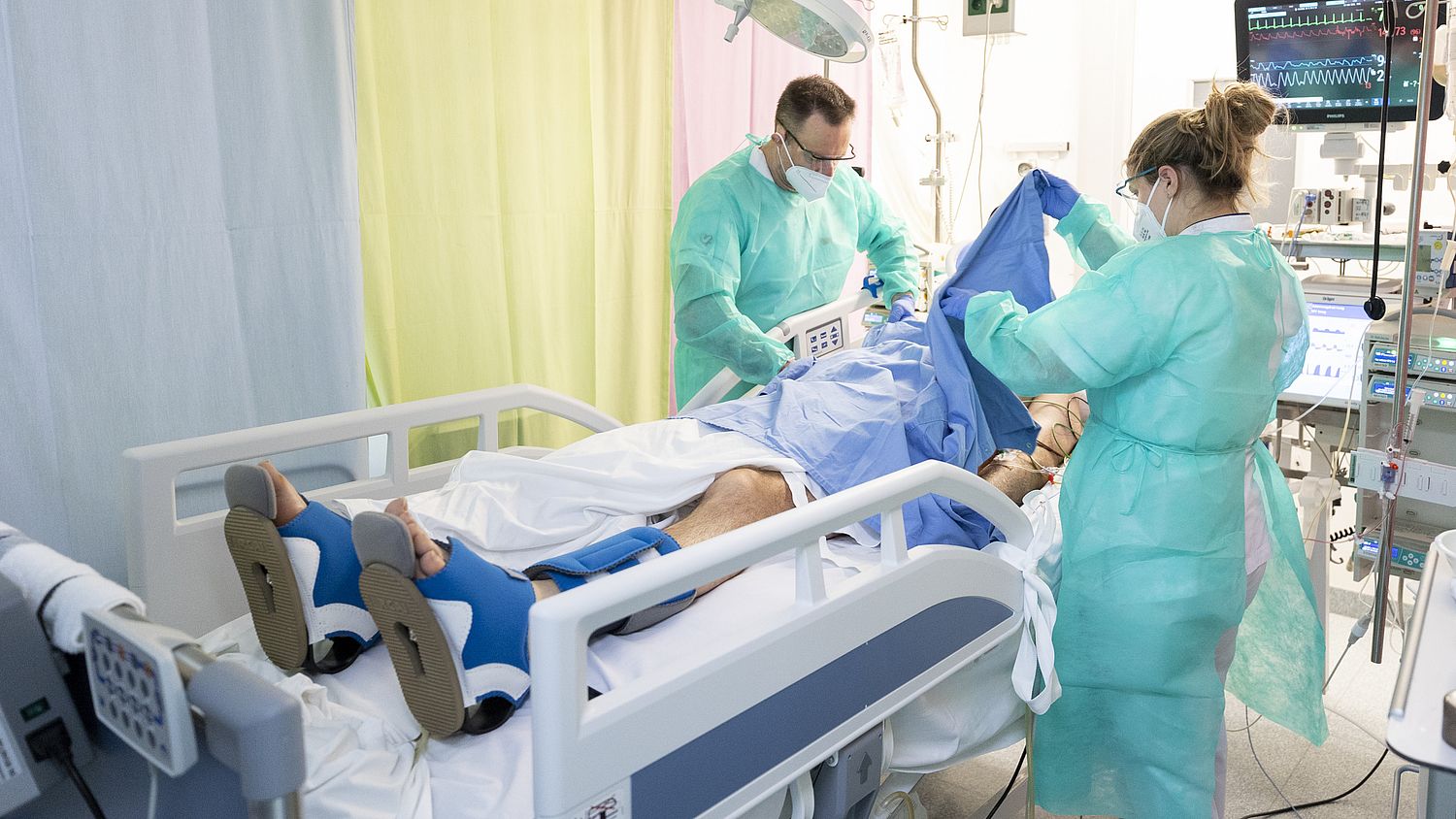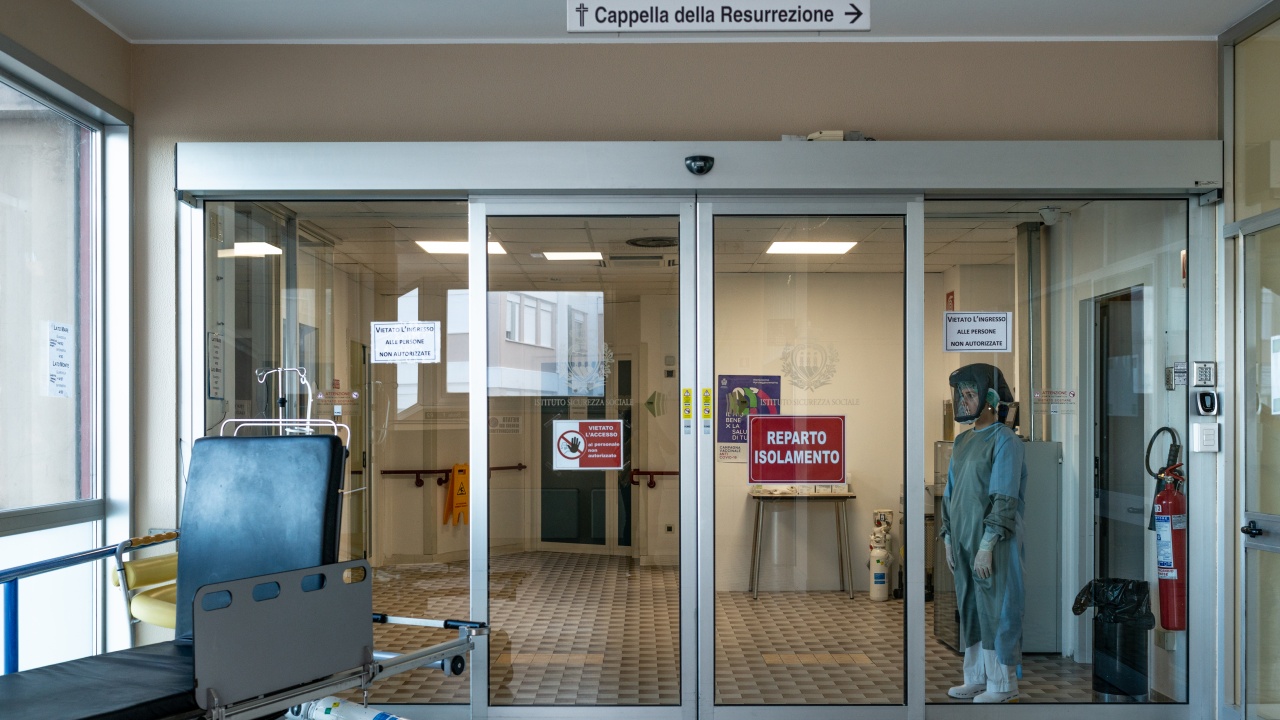Even though the cabinet announces an evening lockdown from 5 p.m. for the coming time, a very strict lockdown will eventually be necessary. That’s what epidemiologist Patricia Bruijning thinks. “If the hospitals empty, then society can open again.”
The seasonal effect that had been warned about for a long time is becoming more visible by the day: there are more than 20,000 new corona infections every day. To bring this number down, there will be an evening lockdown: restaurants and cafes, non-essential shops, cinemas and theatres, the cultural sector and sports venues will have to close between 5 p.m. and 5 a.m., among others.
Big blow to the virus
“Perhaps the leaked measures are just enough to lower the R number. But it is not the major blow to the virus to significantly reduce the influx into hospitals,” says Bruijning. “In addition, we now really have to scale down a lot of regular care and of course we don’t want that.”
–
She sees that we have been collectively surprised by the disappointing protection of the vaccine against infections. “A shot works very well against getting sick, but against infection the effectiveness of the shot decreases after a few months.”
overestimation
“We have been telling the Dutch for a year and a half that they can live normally again as soon as they are vaccinated. And now we have to tell them that that is not the case.” Patricia Bruijning understands that people react indignantly and incomprehensibly to this.
“It was an overestimation to think that vaccinated people would then follow advice. That is why you really have to enforce measures now. And don’t trust too much that citizens will take their responsibility. And yet the government seems to to continue with this conscious policy.”
also watch
Vaccinating children against school closure
In recent weeks it has been noticed that the number of infections among children and young people is increasing. This has led to calls for schools to close. But after that was necessary during the first wave, the cabinet has emphasized that it never wants to go that far again.
The European Medicines Agency (EMA) this week approved Pfizer’s vaccine for use in children up to 12 years of age. Previously, it was already approved from 12 years. The experts say that the benefits of the vaccine for young children outweigh the risk of side effects, which are usually mild.
also watch
‘This idea is completely wrong’
If it is up to Bruijning, vaccinating children to prevent school closures is not an option at all. “By the time we vaccinate children, we will be somewhere in February at the earliest. Effects will only be visible in April and then I hope we have passed this wave. So this idea is completely wrong.”
Bruijning prefers to bet on the booster shot. “Because when we have given all our adults a third shot and then introduce 2G or 3G, our children can continue to go to school.”


